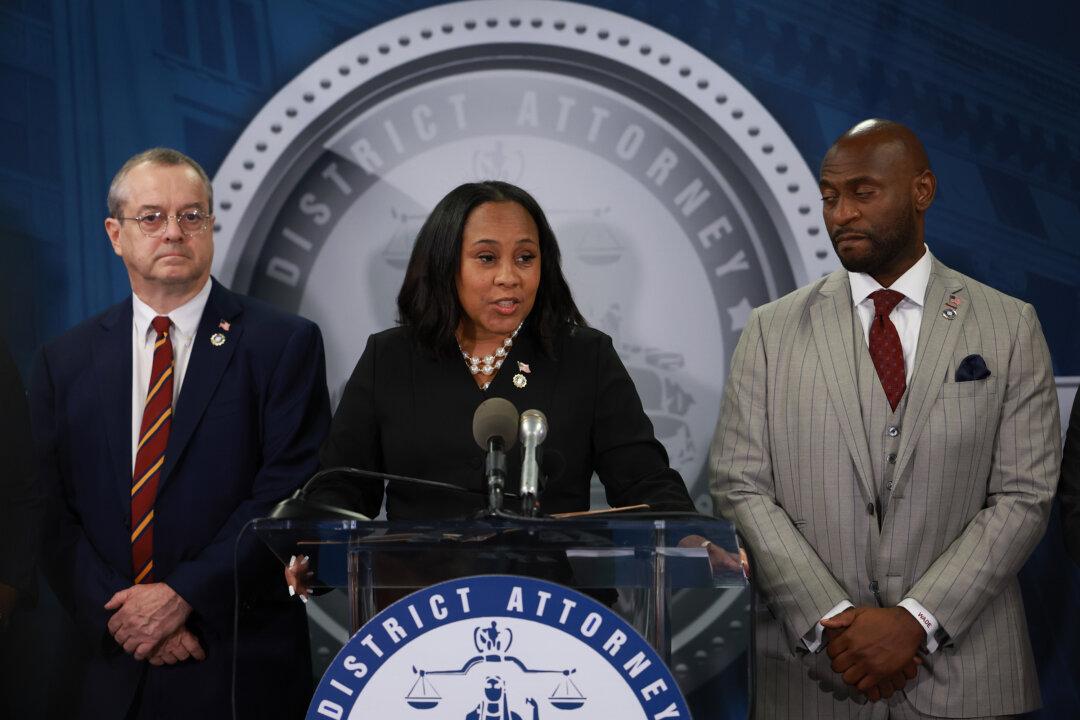In a strongly worded, nine-page response letter, Fulton County District Attorney Fani Willis accused Rep. Jim Jordan (R-Ohio) of interfering with her case against former President Donald Trump and 18 co-defendants, which alleges that their challenge of the 2020 election results constituted a “racketeering criminal enterprise.”
“Your attempt to interfere with and obstruction [sic] this office’s prosecution of state criminal cases is unconstitutional,” she wrote. “As you know, Chariman [sic] Jordan, the congressional power of inquiry ‘is not unlimited.’”





